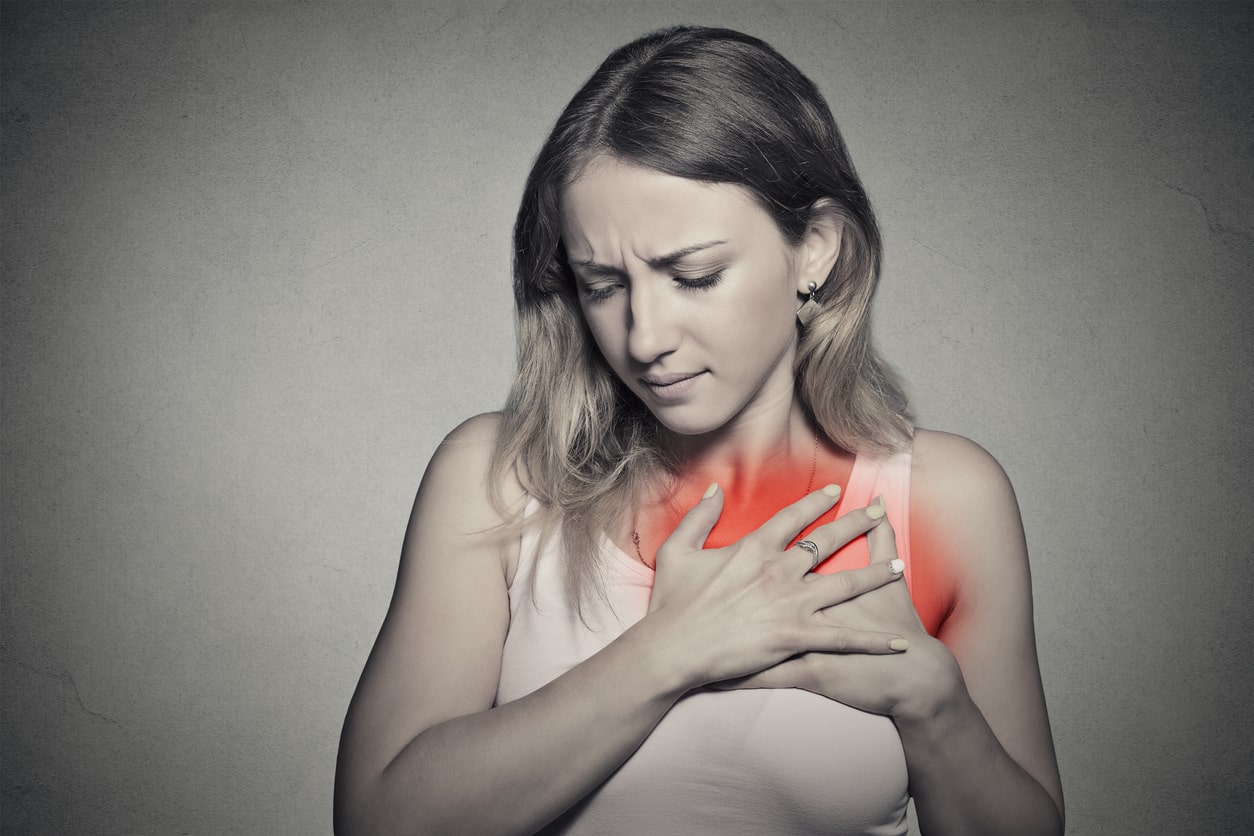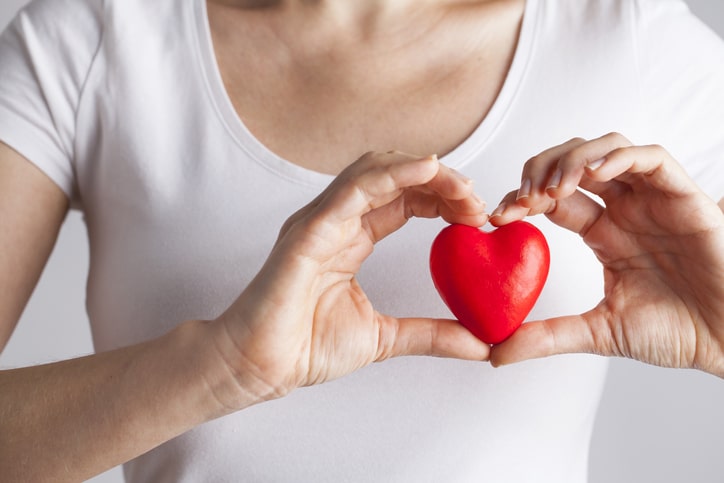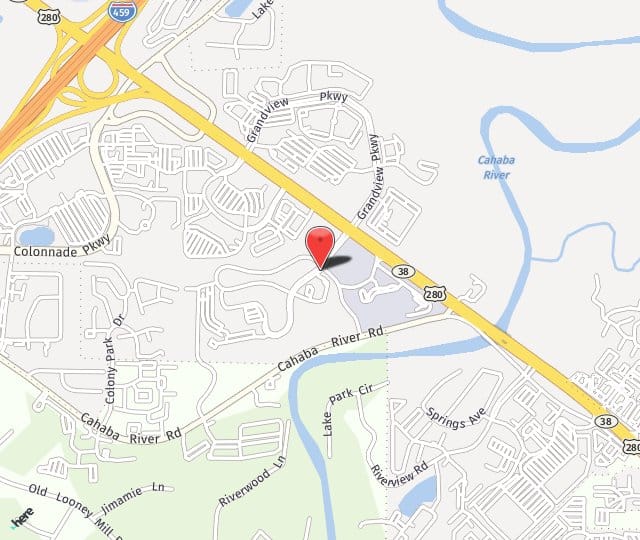
What is a Heart Arrhythmia?
Heart rhythm problems start when the electrical impulses that coordinate your heartbeats don't work correctly. This causes changes in the pattern of your heartbeat and leads to some electrical disorders.
Symptoms of Irregular Heartbeat Disorders
Some abnormal heart rhythms can happen without the person knowing it, while some may cause the feeling of:
- Heart racing
- Lightheadedness
- Dizziness
At some point in life, many adults have had short-lived heart rhythm changes that are not serious. Certain heart rhythms, especially those that last long enough to affect the heart’s function, can be serious or even deadly.
Dr. Macy C. Smith Patient Testimonials
"Dr. Smith is very professional and has a pleasant manner. His staff is excellent and I am very pleased with my treatment."
"I had been suffering from frequent atrial fibrillation for 13 years. Medications did not help and I was told by several cardiologists that there was nothing they could do and not to worry about it. On my first visit to Dr. Smith, he assured me that there was a remedy. Three weeks later he did a cardiac ablation. I had one more episode 2 weeks later but have had no other problems. I have my energy back and a renewed zest for life! Thank you Dr. Smith!!!"
Types of Electrical Disorders

- Heart Palpitations
- Atrial Fluttering
- Slow Heartbeat - Bradycardia
- Rapid Heartbeat - Tachycardia
- Atrial Fibrillation
- Almost Fainting - Presyncope
- Fainting And Passing Out: Syncope
Heart Rhythm Disorders
Dr. Macy Smith has unparalleled experience dealing with many different types of heart rhythm related disorders. Some of these include:
Heart Palpitations
Heart Palpitations may seem as if the heart missed a beat, it has really had an early heartbeat, an extra beat that happens before the heart has a chance to fill with blood thereby resulting in a pause.
Fluttering
Fluttering is usually due to extra or skipped beats that occur one right after the other, or may be caused by other kinds of abnormal heart rhythms.
Bradycardia
Bradycardia is when the heartbeat is too slow (usually below 60 beats per minute), not enough blood carrying oxygen flows through the body.
Tachycardia
Tachycardia is when the heart beats too quickly (usually above 100 beats per minute), the lower chambers, or ventricles, do not have enough time to fill with blood, so they cannot effectively pump blood to the rest of the body.
Atrial Fibrillation (AFib)

AFib is a common heart rhythm problem with symptoms of sudden rapid, irregular and chaotic heartbeats. Rarely, passing out, or fainting, may be caused by the most dangerous arrhythmia, ventricular fibrillation (VF). VF is the number one cause of sudden cardiac death. Within seconds, the person loses consciousness and, without immediate emergency treatment, will die within minutes.
Presyncope
Presyncope can be a sign of a heart rhythm disorder and should be evaluated carefully.
Syncope
Syncope is more likely to happen suddenly and without warning than fainting from other causes, such as dehydration or low blood sugar. Any sudden loss of consciousness should be evaluated by a doctor. In some cases, fainting is the only warning sign of a dangerous heart rhythm that could cause sudden cardiac death.
Schedule a Consultation
If you suffer from heart rhythm disorders, call 205-971-7566 to schedule a consultation with Dr. Macy C. Smith for treatment options. Macy C. Smith, Jr., MD, FACC, FHRS serves Birmingham, AL and surrounding areas.

